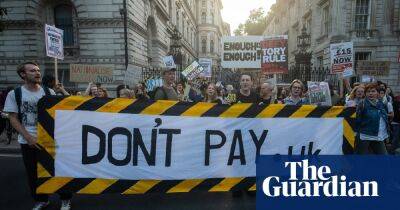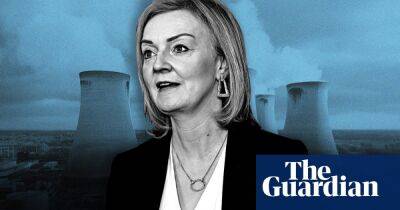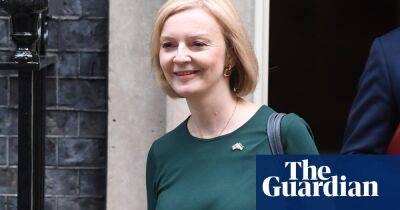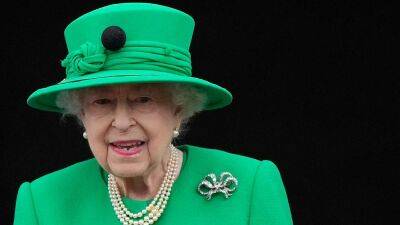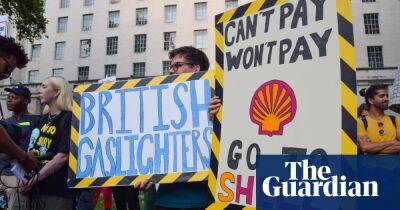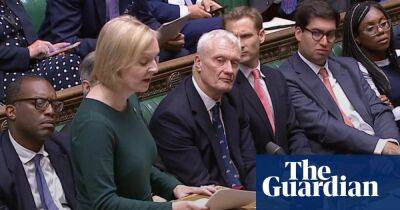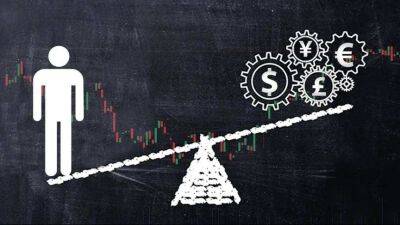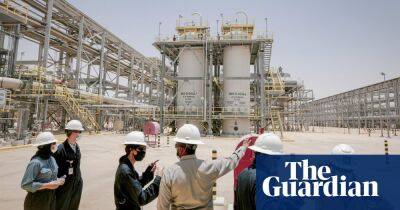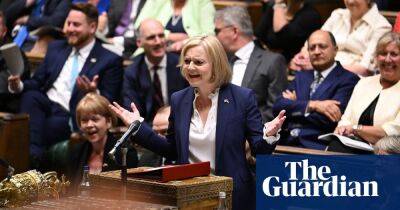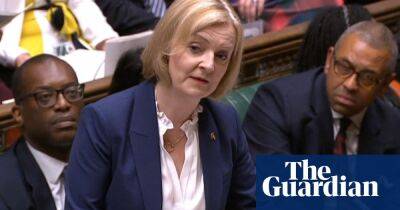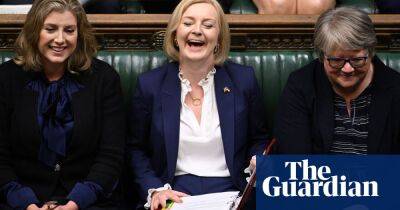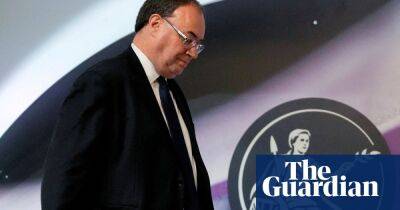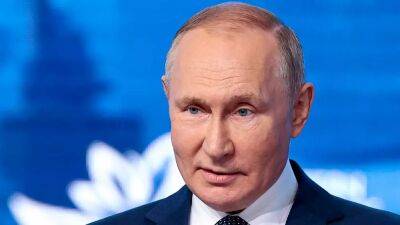Under Liz Truss, we’ll be careering into petrolhead politics while the world burns
What a strange, heady, anxious summer that was. For all the talk by many journalists and politicians about the cost of living crisis as something that will decisively arrive in the autumn, it is already here. At the same time, the landscape of this small corner of northern Europe is parched and straw-coloured, while those terrifying images of flooding in Pakistan have illustrated the climate emergency’s even more nightmarish flipside. The pandemic, it turns out, was merely one more crisis on the way to something completely convulsive: payback for our fragile dependence on fossil fuels, and a way of living that is no longer sustainable. With perfect timing, next weekend will see the return to London’s streets of Extinction Rebellion, whose protests will trigger the usual sneers from climate deniers while hammering home 2022’s awful sense of urgency.
Meanwhile, as if the immediate future is being decided by a TV scriptwriter who specialises in the bleakest comedy, Liz Truss is seemingly about to move into Downing Street, after two months of surreal and largely pointless debate in which the climate crisis has barely figured. She and Rishi Sunak may have paid lip service to the government’s nominal target of achieving net zero by 2050 – but, whatever their other differences, they have largely spoken with one voice on climate policy: the cursory, slightly bored tone of people who think of it as an optional extra.
Both have said they support the lifting of England’s current moratorium on fracking. Sunak began the contest opposing more onshore wind turbines, but then changed his mind; Truss has repeatedly said she wants fields to be cleared of solar panels, a position Sunak also supports. Last week, in the wake of a Spectator
Read more on theguardian.com

